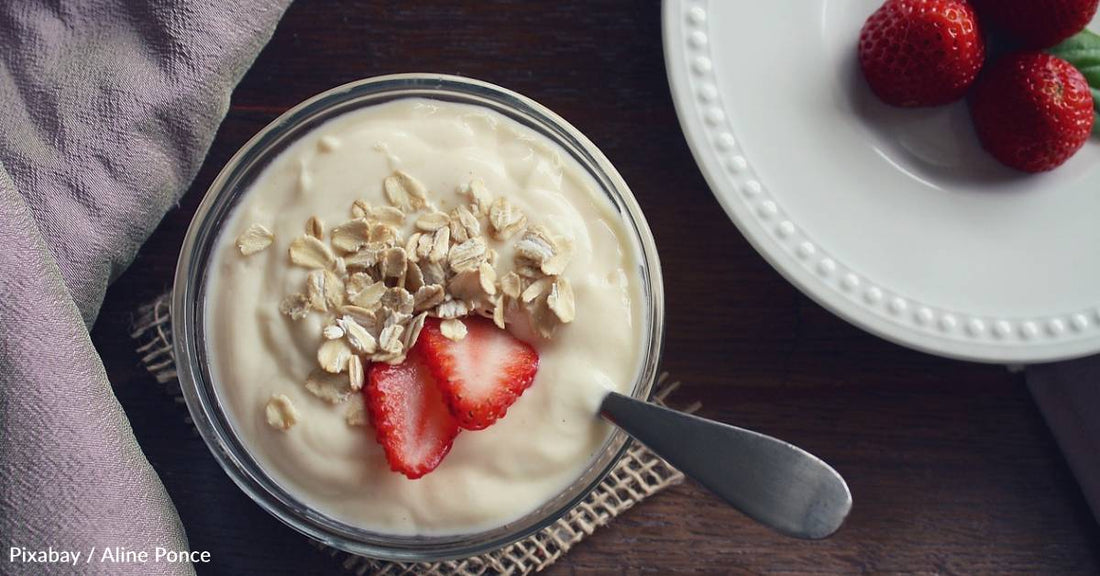Want to Lower Your Dementia Risk? Adding Some Strawberries to Your Breakfast May Help
Michelle Milliken
Strawberries are good for a snack, as an addition to your morning cereal or oatmeal, or even in a dessert. Their tastiness comes with a variety of health benefits, too, as research has found they may help reduce inflammation, promote heart health, and provide protective benefits against cancer. A new study finds they’re good for your brain as you age, too.
Research recently published in the journal Nutrients examined how strawberry consumption in middle age may help lower the risk of developing dementia years later. The goal was to build on past research that had found strawberries help with insulin resistance and cognitive performance.
In this study, 30 overweight middle-aged men and women with insulin resistance and subjective cognitive decline were given either whole fruit strawberry powder or a placebo for 12 weeks. Both groups were told to avoid other berry consumption. The findings showed that those who took the strawberry powder had a reduction in memory interference, a sign that their executive ability had improved.
The team believes that anthocyanins, anti-inflammatory agents in strawberries, may have played a role.
Dr. Robert Krikorian, the study’s first author and Director of the Division of Psychology, Psychiatry and Behavioral Neuroscience at University of Cincinnati’s College of Medicine, says, “Both strawberries and blueberries contain antioxidants called anthocyanins, which have been implicated in a variety of berry health benefits such as metabolic and cognitive enhancements, There is epidemiological data suggesting that people who consume strawberries or blueberries regularly have a slower rate of cognitive decline with aging.”
Dr. Krikorian’s team found something similar about blueberries in a 2022 study, which showed that eating blueberries helped certain middle-aged people lower their chances of developing dementia later on. He says the current study was an extension to that.
In this study, participants were given cognitive tests and had their mood, depressive symptoms, and metabolic data tracked throughout the 12 weeks. In addition to less memory interference, the strawberry powder group had a reduction in depressive symptoms, which the team says may stem from enhanced executive ability, that would allow for better emotional control and maybe better problem-solving.
Dr. Krikorian says, “Executive abilities begin to decline in midlife and excess abdominal fat, as in insulin resistance and obesity, will tend to increase inflammation, including in the brain. So, one might consider that our middle-aged, overweight, prediabetic sample had higher levels of inflammation that contributed to at least mild impairment of executive abilities. Accordingly, the beneficial effects we observed might be related to moderation of inflammation in the strawberry group.”
Though other research has found strawberries help with insulin resistance, this study did not. Dr. Krikorian says that may just be due to a smaller dose of strawberry powder in this study. He adds that going forward, next steps might include studying larger samples and differing levels of strawberry supplementation.
Strawberries have been promoted as a possible way to lower dementia risk in other recent research, as well, due to their flavonoid content. Anthocyanins are a class of flavonoids. You can read more about that, and about other foods that contain flavonoids, here!




